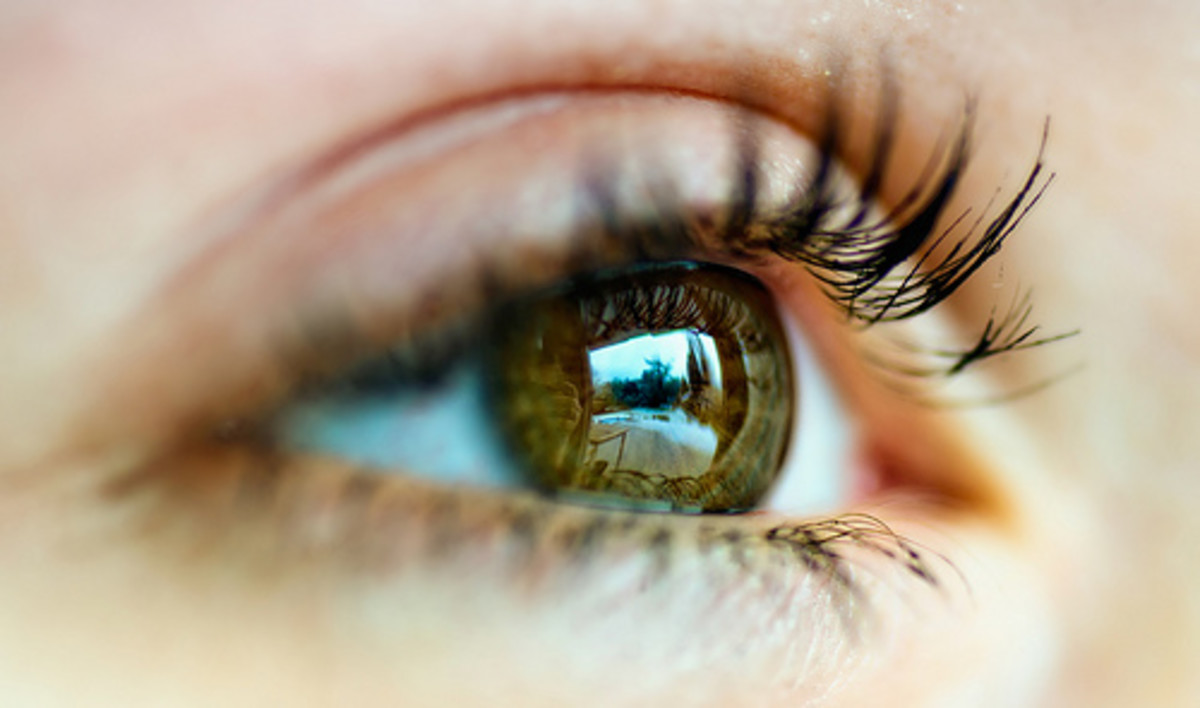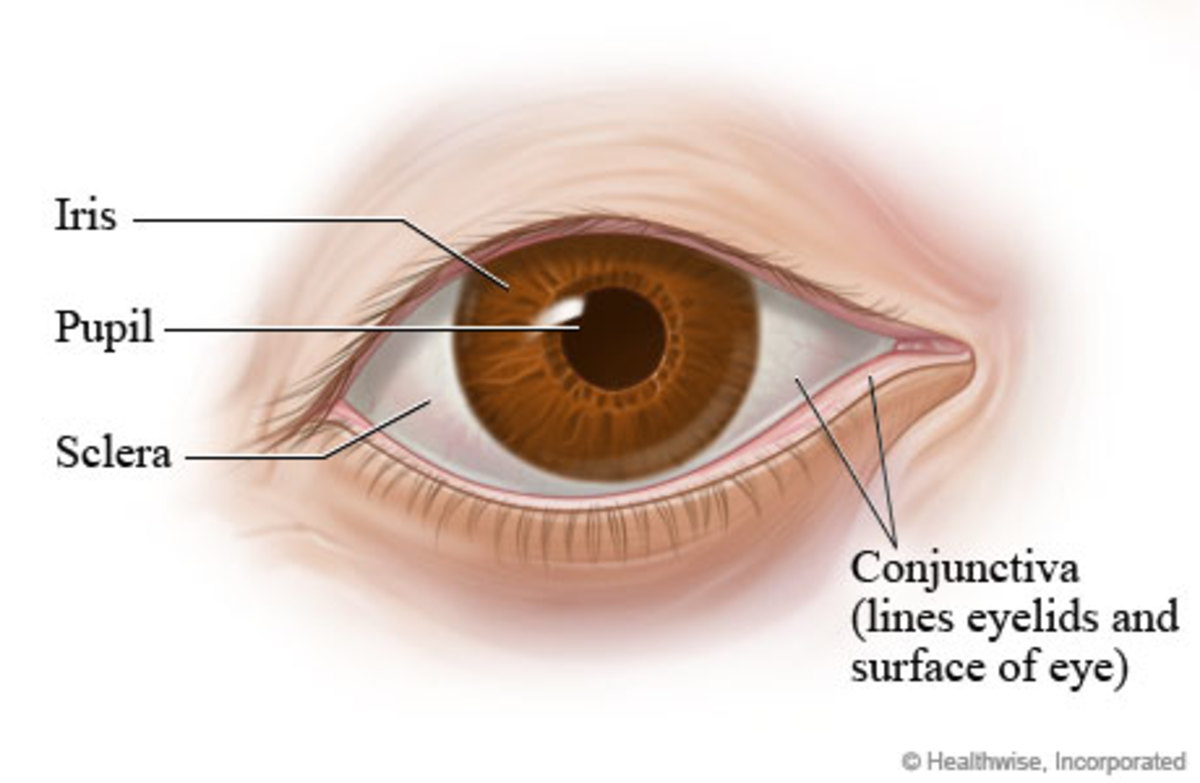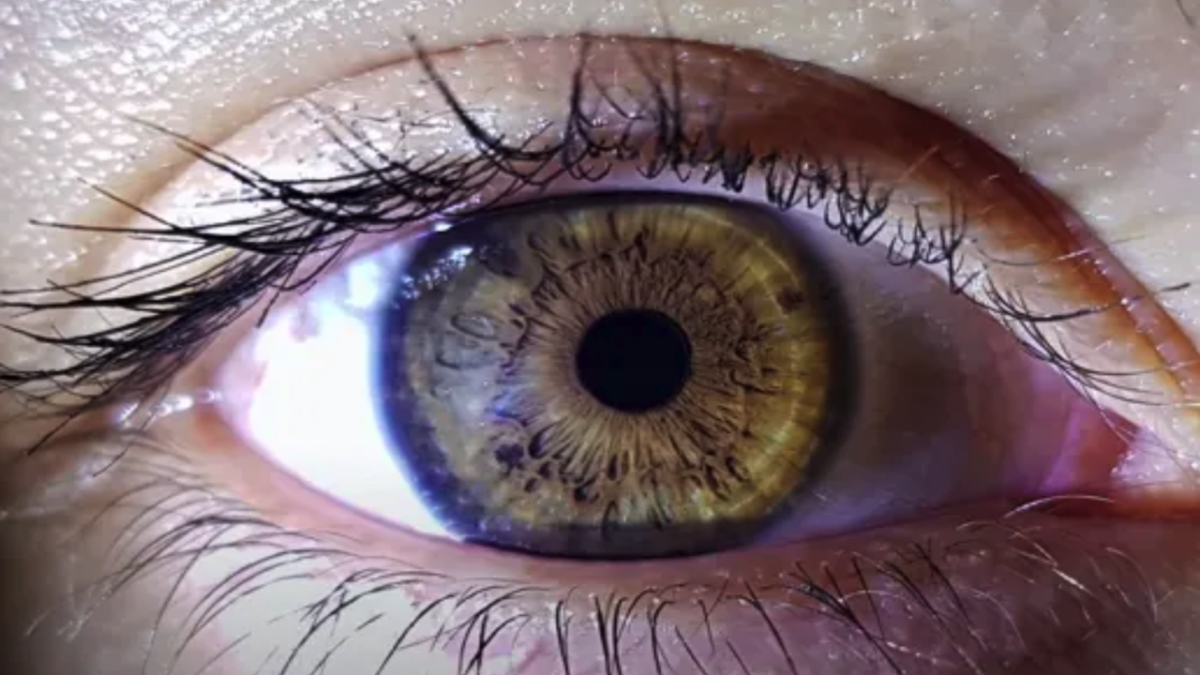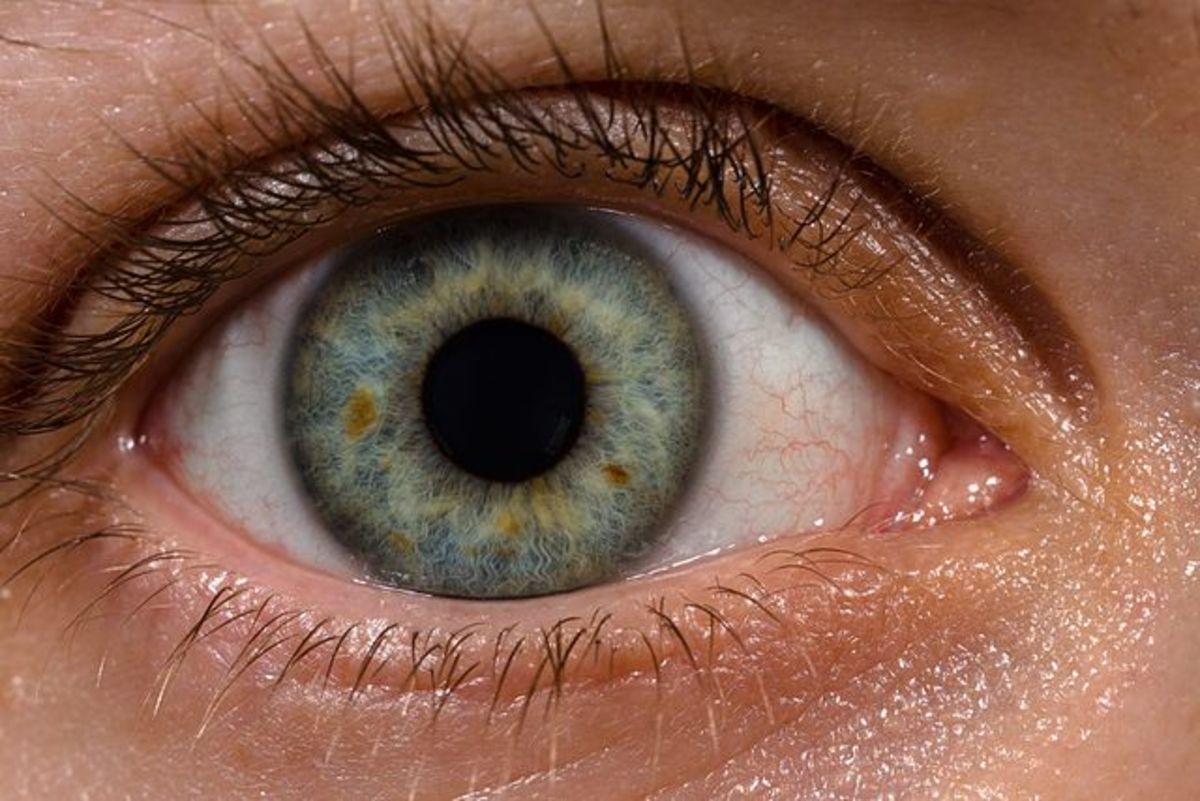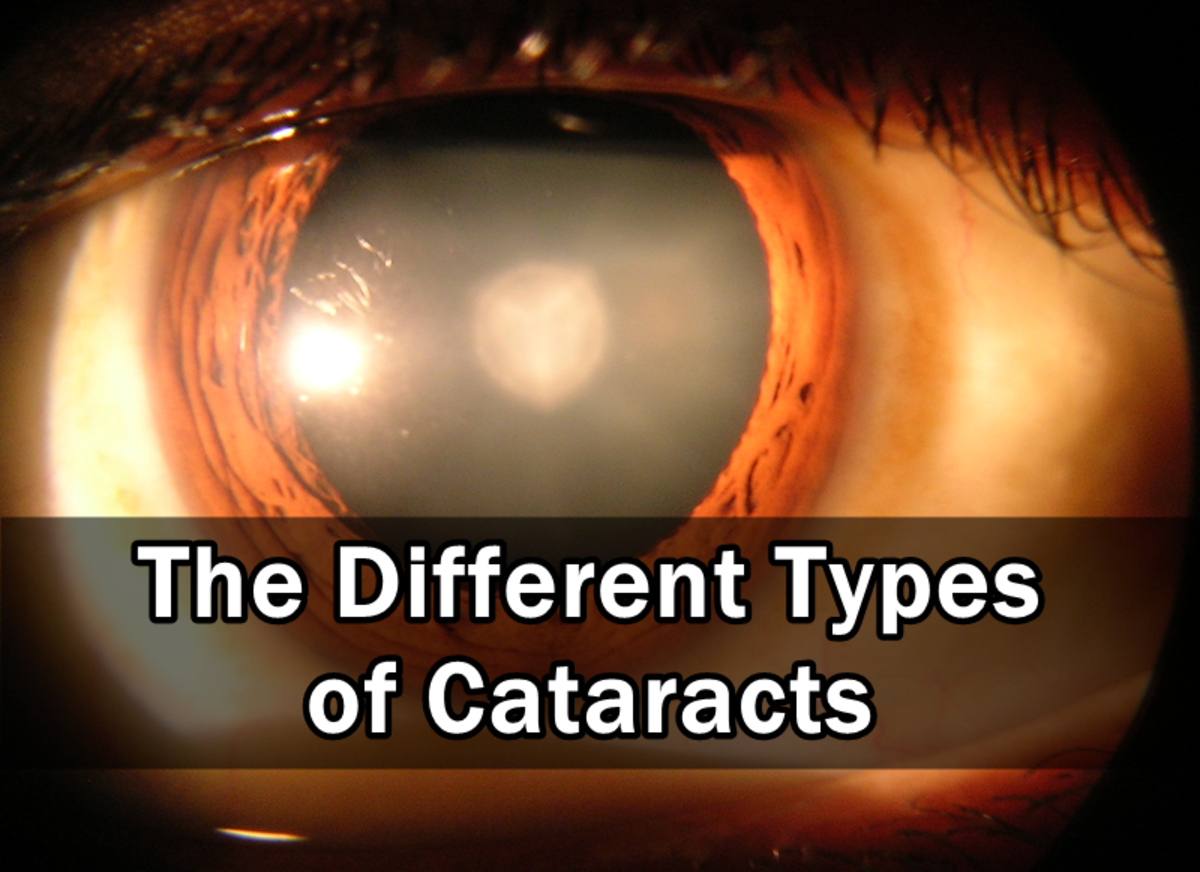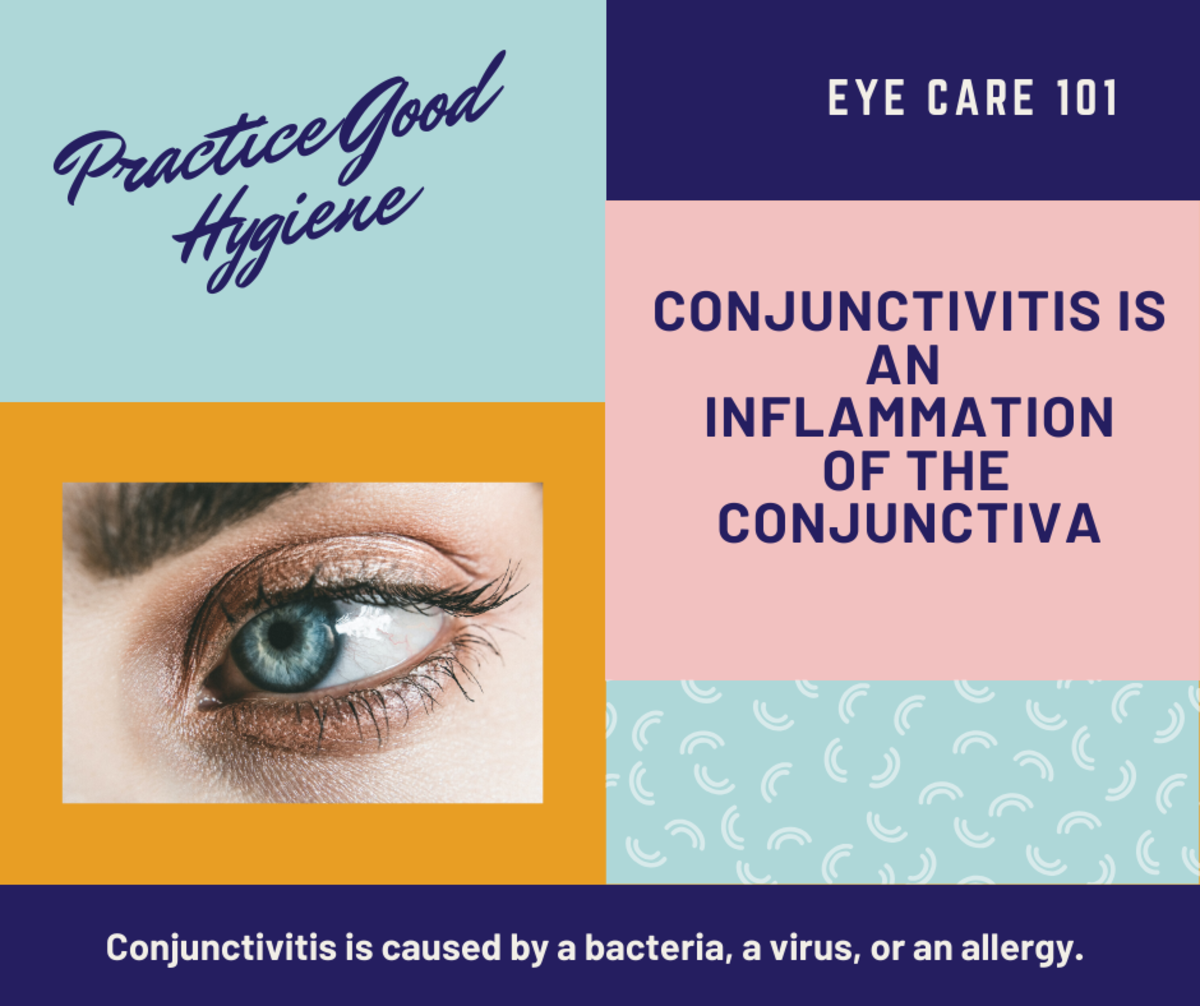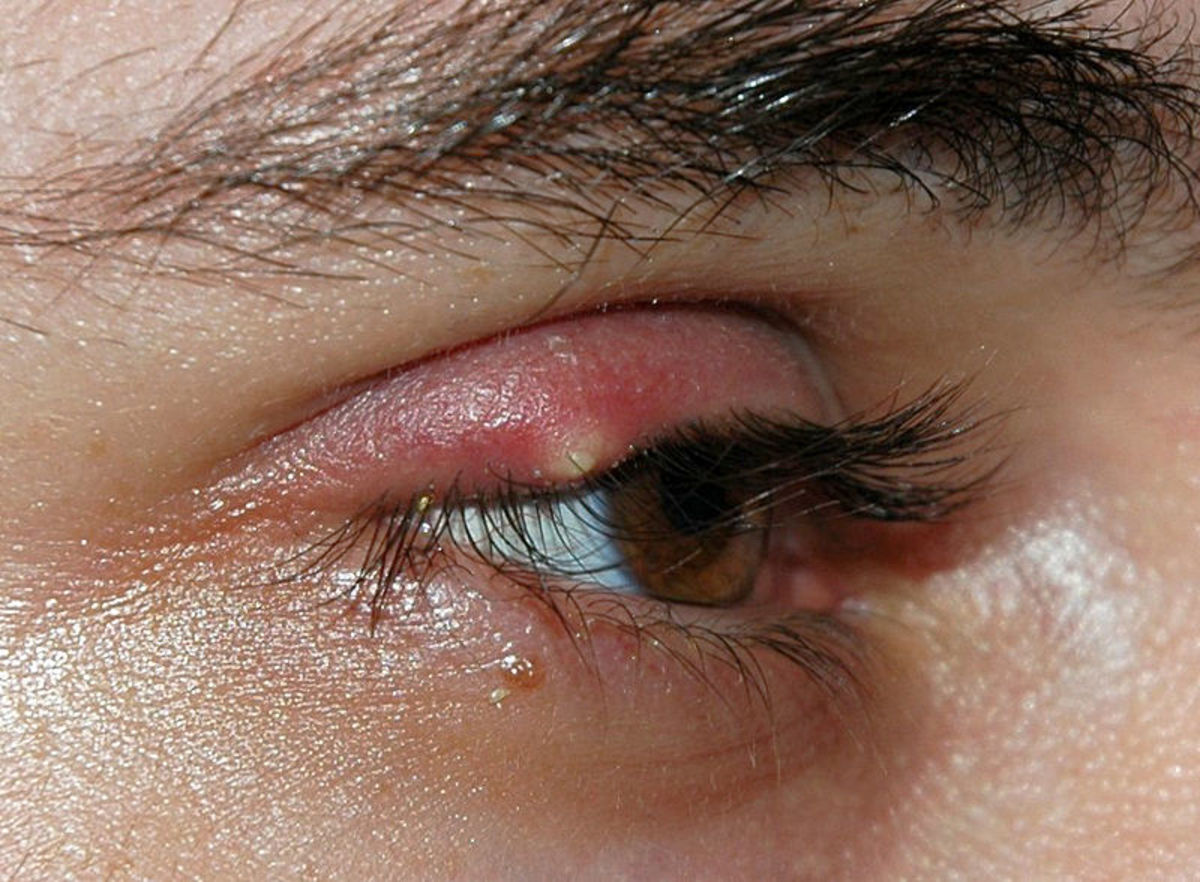Eye Health: The Importance of Eyesight
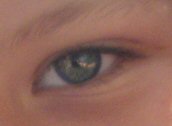
Eyesight is a gift. Many of us are given the gift from birth, but many others are not. Others have this gift fade over the years and others still have it taken away at some point in life. If you've never had problems with your eyesight, chances are you might take it for granted. Are you aware of all the issues and problems that can arise with your eye health and eyesight? How about the reasons you should see an eye care professional on a regular basis?

Eyesight is a precious gift
Most of the people in my family wear glasses. I started wearing them early on in high school; at first, I only needed them to see the blackboard, but eventually I had to wear them all the time. Now, at the age of 27, I can barely see 3 feet in front of my own face if I'm not wearing my glasses. I have never taken my eyesight for granted, because many of the things I enjoy most require the use of my eyes: reading, writing, photography, watching movies, doing crafts, looking at the faces of my two beautiful nephews, and dozens of other things.
My 99-year-old Grandma often says she doesn't know what she would do if she couldn't see. Like me, most of her favorite activities require the use of her eyes - reading, knitting mittens to donate to children, painting, crossword and sudoku puzzles, and all the many activities she attends at her nursing home. She has had problems with her eyes over the years, including cataracts, which she's had removed, but at 99, she's very lucky to have the amount of eyesight she does.
The value of healthy eyes and eyesight, and what happens when that eyesight fails
I really learned the value and preciousness of eyesight six years ago when my mum found out she had a hole in the retina of her left eye and needed surgery. It started with sudden black floaters appearing in her vision. Luckily, we have a fantastic optometrist (eye doctor) who we both visit regularly, and after examining my mum, the optometrist sent her to an ophthalmologist (eye specialist). The specialist discovered there was a hole in the retina of my mum's left eye and referred her to another specialist and eye surgeon three hours away at an eye clinic. Long story short, my mum had surgery on her eye, which was supposed to repair the hole and return her vision back to normal.
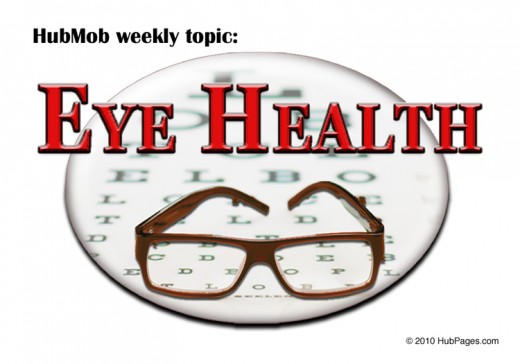
When the hole was repaired, they put a gas bubble in her eye, which is
used in retinal surgeries to hold the retina in place during the healing
process and eventually shrinks and goes away on its own after anywhere
from one to eight weeks. She was supposed to keep her head lowered 6-8
hours a day for approximately two weeks to keep the pressure down in her
eye and help it heal. The gas bubble was very disorienting, causing
blurred vision and in my mum's case, a feeling of claustrophobia It
finally disappeared almost eight weeks after the surgery.
Although
the surgery was a success in the sense that the hole was repaired, my
mum never regained complete vision in her left eye. Her vision is
permanently blurred, she has night blindness, and her depth perception
is off. Because of this, she had to stop driving, and she can't do
anything that will strain her right eye too much.
Certain eye problems, including a hole
in the retina like my mum experienced, aren't preventable. However,
there are many preventative measures you can take to protect your
eyesight and ensure good eye health. Detached retinas, which are
usually repaired by lasik eye surgery can be detected with regular eye
exams, and early treatment can prevent the progression and detachment of
the retina.
Exercises to help eye strain and strengthen your eyes
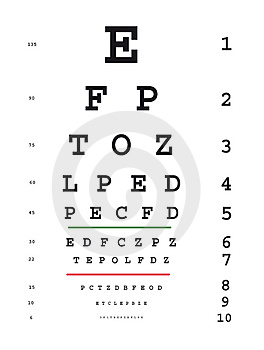
Protect your eyes and keep them healthy
Along with regular eye exams, you can protect your eyes by doing some of the following:
- Wear sunglasses, not only on sunny days, but also on bright snowy days - looking at vast amounts of white snow, especially when driving, can have an effect similar to looking directly at the sun. Wearing sunglasses can also prevent macular degeneration.
- Practice eye exercises to strengthen your eyes. There are many different exercises you can do for your eyes, including moving them in clockwise and counterclockwise movements, holding an object at arm's length and moving it toward your nose until it goes out of focus, and moving your eyes in slow figure-eight movements. There are even yoga exercises you can do for your eyes. For guided eye exercises, you can find many great videos on YouTube (just search for 'eye exercises'), or you can find a list of eye exercises that you can do anytime, anyplace at How to Exercise Your Eyes.
- Make sure that you have proper lighting when doing activities indoors, such as reading, working at the computer, hobby work (like scrapbooking, painting, woodwork, etc) and even watching TV.
- Research shows that a healthy diet low in fats and high in nutrients (such as Vitamins A, C and E, lutein, Omega-3 fatty acids, selenium, zeaxanthin and zinc), along with regular exercise and a healthy weight, can reduce the risks for age-related macular degeneration (AMD), as well as diabetes which comes with a whole host of possible eye problems. Talk to your eye care specialist or family doctor about vitamin supplements for your eye health.
- Don't strain your eyes too much. If you work on the computer all day every day, or spend long hours reading, either for pleasure or for work, a certain degree of eye strain comes with the territory. Make sure to take breaks where you're looking away from the computer for a few minutes, and maybe try some eye exercises during these breaks. Eye strain can also come from watching TV for too long, or sitting too close to the TV.
Online resources for eye health
Along with regular visits to your eye care professional, there are a myriad of websites out there with great information about eye health, eye conditions, blindness, and preventative measures for eye problems. Do a search on your favorite search engine for a topic such as eye health, or a specific term (for example, macular degeneration, retinal detachment, cataracts, etc) and learn all you could possibly want about these topics. Three good places to get started are the National Federation of the Blind (NFB), the Canadian National Institute for the Blind (CNIB), and the American Foundation for the Blind (AFB)


